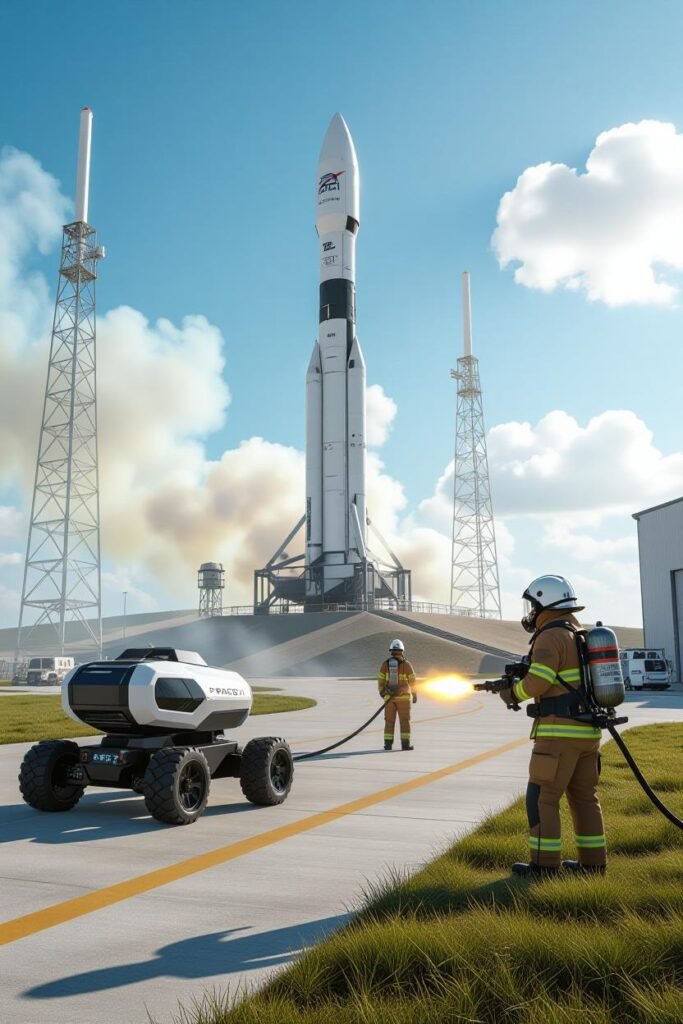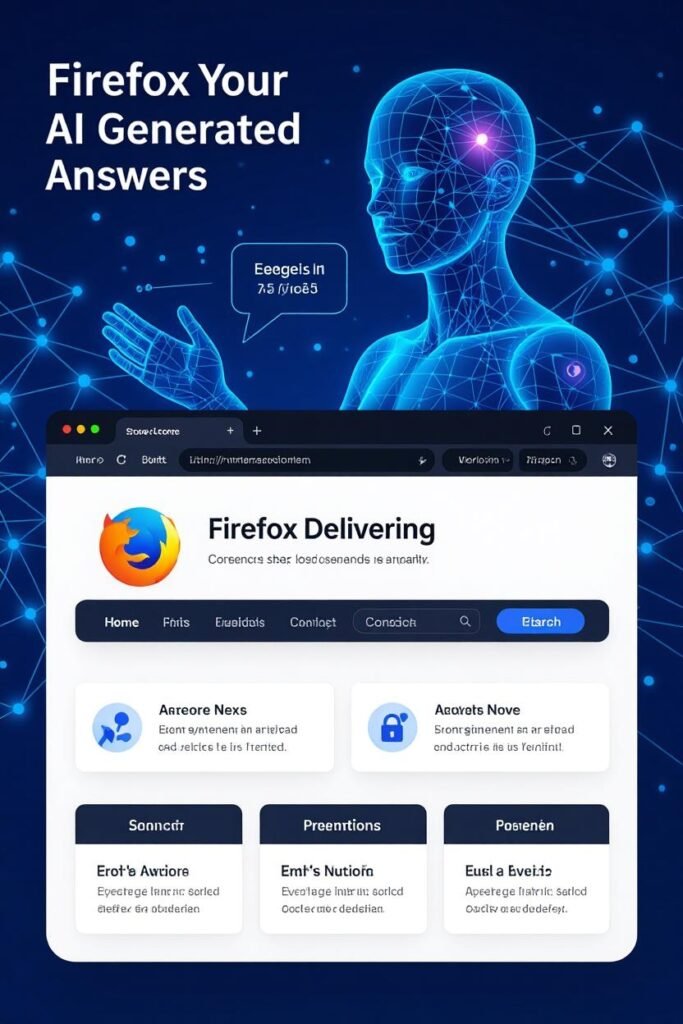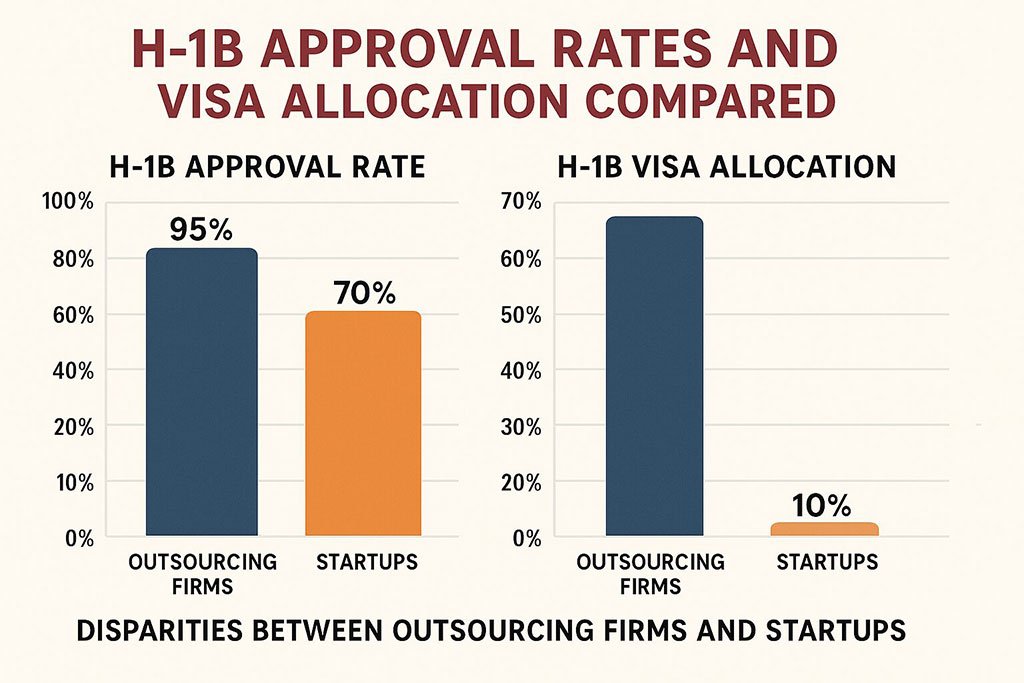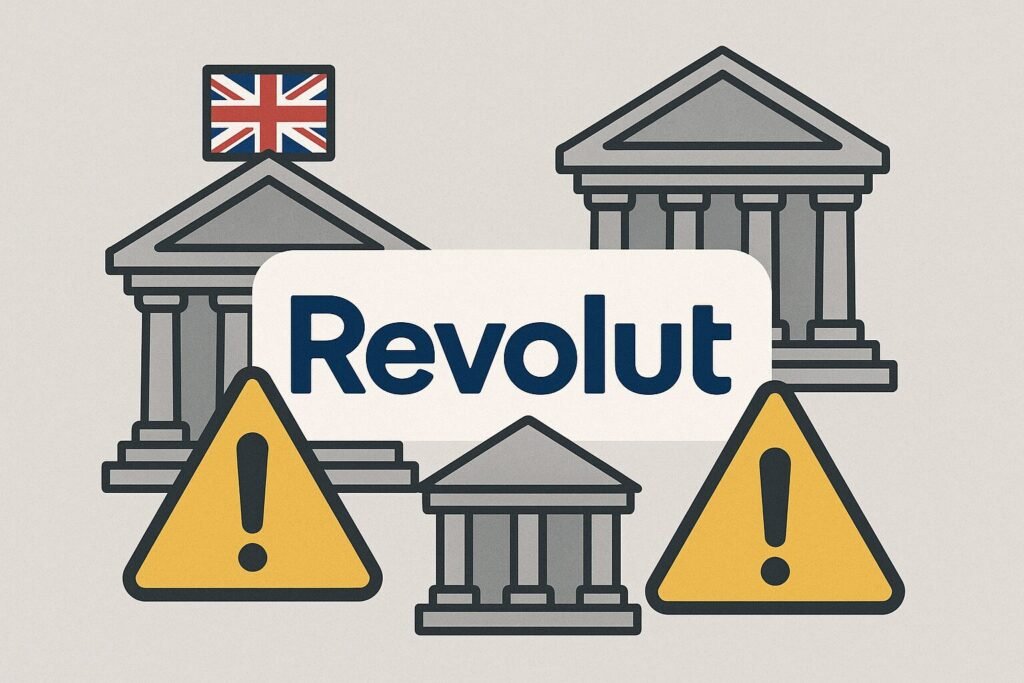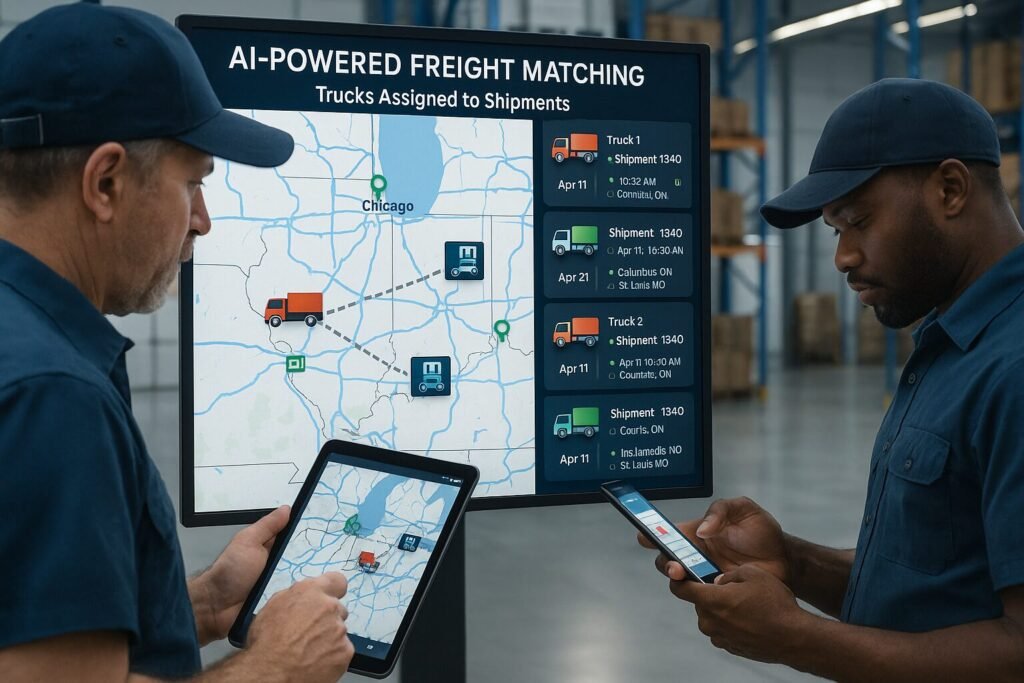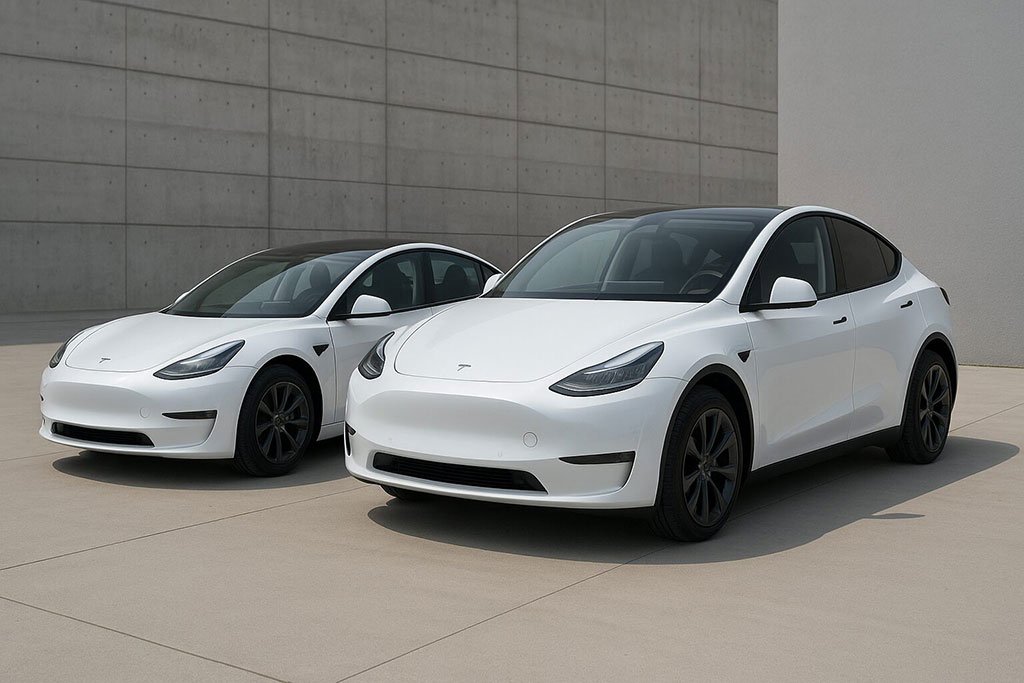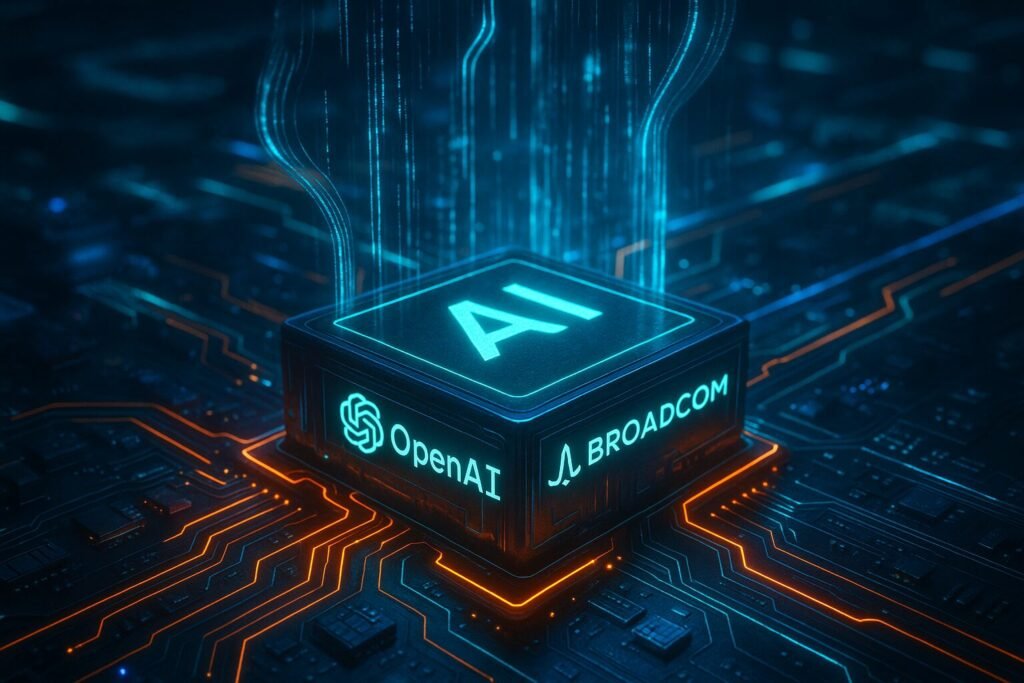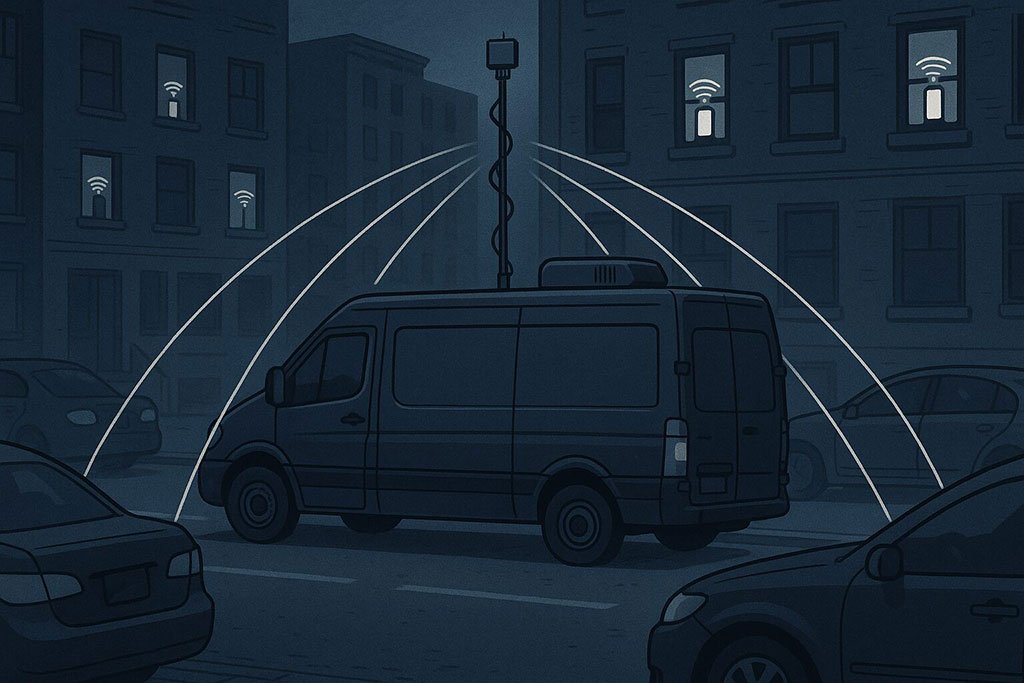Now Reading: Fueling the Cloud Meta’s Gas Plants Face Local Pushback
-
01
Fueling the Cloud Meta’s Gas Plants Face Local Pushback
Fueling the Cloud Meta’s Gas Plants Face Local Pushback
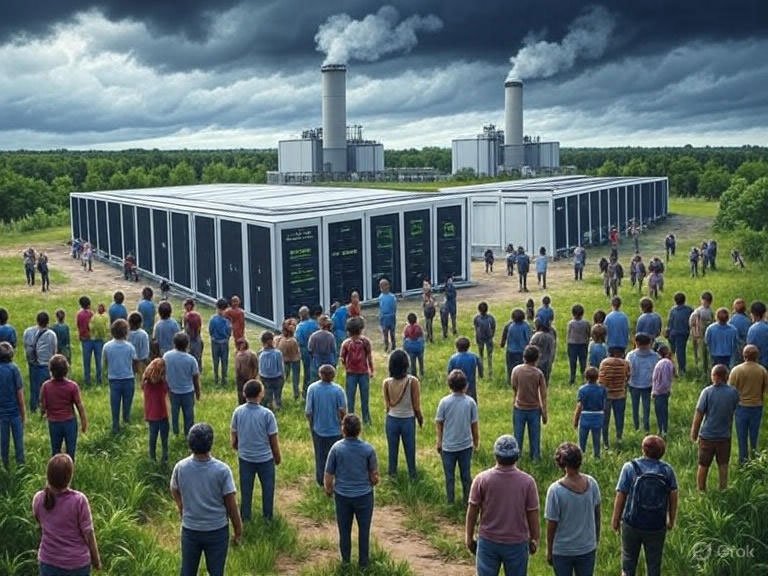
Meta’s Data Center Expansion
Meta, the tech giant behind Facebook, Instagram, and WhatsApp, is expanding its digital infrastructure to meet the growing demands of artificial intelligence (AI) and cloud computing. To power its massive new data center in Louisiana, Meta has partnered with Entergy Corporation to construct three new natural gas-fired power plants. This ambitious project, designed to support a 4-million-square-foot data center complex with a future capacity of up to 5 gigawatts (starting at 2 gigawatts), aims to keep Meta’s AI-driven services running smoothly. However, the plan has sparked significant local opposition due to environmental and community concerns.
Why Meta Needs Gas Plants
The rise of AI and cloud-based services has led to an unprecedented demand for electricity. Data centers, which house the servers powering these technologies, consume vast amounts of energy. Meta’s Hyperion data center in Louisiana is set to be one of the largest in the world, requiring a reliable and robust power supply. Natural gas plants, despite their environmental drawbacks, offer a consistent energy source compared to intermittent renewables like solar or wind. Meta’s agreement with Entergy includes covering $3.2 billion in gas generation costs over 15 years, ensuring a steady power supply for its operations.
The Local Pushback: Community and Environmental Concerns
Environmental Impact of Gas Plants
The decision to build three gas-fired power plants has raised alarms among environmental groups and local residents. Natural gas, while cleaner than coal, still emits significant amounts of carbon dioxide and methane, potent greenhouse gases contributing to climate change. Critics argue that Meta’s reliance on fossil fuels contradicts the tech industry’s push toward sustainability. Louisiana, already vulnerable to climate impacts like hurricanes and rising sea levels, faces increased environmental risks from the plants’ emissions.
Air Quality and Health Risks
Local communities near the proposed sites are particularly concerned about air quality. Gas plants release pollutants such as nitrogen oxides and particulate matter, which can harm respiratory health. Residents fear that the plants will exacerbate existing environmental challenges in the region, which already hosts numerous industrial facilities. The cumulative impact of additional pollution has become a rallying point for opposition.
Community Disruption and Economic Questions
Beyond environmental issues, locals worry about the broader impact on their communities. The construction and operation of the gas plants could lead to increased noise, traffic, and land use changes in rural northern Louisiana, where the Hyperion data center is located. Some residents question whether the economic benefits—such as job creation—justify the potential downsides. While Meta and Entergy promise economic growth, critics argue that the jobs may be temporary or specialized, offering limited long-term benefits to the local workforce.
Approval Controversy
The Louisiana Public Service Commission approved Entergy’s plan in a 4-1 vote, but the decision was not without controversy. Opponents argue that the approval process lacked transparency and failed to adequately address community concerns. The dissenting commissioner highlighted the environmental risks and questioned whether the state’s energy strategy aligns with long-term sustainability goals.
Meta’s Sustainability Claims Under Scrutiny
The Green Tech Paradox
Meta has publicly committed to sustainability, with goals to achieve net-zero carbon emissions. However, the decision to rely on gas plants has led to accusations of greenwashing. Critics point out that while Meta invests in renewable energy projects, such as the 1.5 gigawatts of solar procurement included in Entergy’s plan, the immediate reliance on fossil fuels undermines these efforts. The tension between Meta’s green pledges and its energy-intensive operations highlights a broader challenge in the tech industry: balancing growth with environmental responsibility.
Alternatives to Gas Power
Opponents of the gas plants argue that Meta could explore alternative energy sources to power its data center. Renewable options like solar, wind, or even advanced nuclear energy could reduce the environmental footprint. Additionally, advancements in energy storage technology could address the intermittency issues of renewables, making them viable for data centers. However, these alternatives often require significant upfront investment and longer development timelines, which may not align with Meta’s immediate needs.
The Bigger Picture: Tech’s Energy Dilemma
The Growing Energy Demands of AI
Meta’s gas plant controversy is part of a larger trend in the tech industry. As companies like Google, Amazon, and Microsoft expand their AI and cloud computing capabilities, their energy consumption is skyrocketing. Data centers worldwide are projected to consume a significant portion of global electricity in the coming years. This trend raises questions about how tech giants can meet their energy needs without exacerbating climate change.
Balancing Innovation and Responsibility
The pushback against Meta’s gas plants underscores the need for tech companies to prioritize sustainable energy solutions. While natural gas may provide a temporary fix, long-term strategies must focus on reducing reliance on fossil fuels. Innovations in energy-efficient hardware, carbon capture technology, and renewable energy integration could help bridge the gap between tech growth and environmental stewardship.
Regulatory and Social Challenges
The Louisiana case also highlights the role of local communities and regulators in shaping tech infrastructure projects. As data centers become more common, communities are increasingly vocal about their environmental and social impacts. Tech companies must navigate complex regulatory landscapes and engage with stakeholders to address concerns effectively. Transparent communication and genuine community involvement will be critical to avoiding future conflicts.
A Crossroads for Meta and the Tech Industry
Meta’s plan to power its Hyperion data center with natural gas plants reflects the broader challenges of fueling the digital age. While the project promises economic benefits and technological advancement, it has sparked significant local pushback due to environmental and community concerns. As Meta faces scrutiny over its sustainability claims, the controversy serves as a wake-up call for the tech industry to prioritize cleaner energy solutions. The path forward requires balancing innovation with responsibility, ensuring that the cloud’s growth does not come at the expense of the planet or its people.
As consumers and citizens, we can influence how tech giants approach sustainability. Support policies that promote renewable energy, advocate for transparency in corporate environmental practices, and engage in discussions about the future of tech infrastructure. Together, we can push for a digital world powered by clean, sustainable energy.

